By JANET TAYLOR
For five generations, my family has called Clewiston home. We love our community, its people and our culture. We also care about our neighbors, which is why we have been concerned about the ongoing blue-green algae crisis to the north.
Based on the scientific data, we know that that the algae is not caused by water from farms south of the lake and that attempting to store more water south cannot not cure a problem of this magnitude.
We also know that despite the calls from vocal activists to purchase U.S. Sugar’s land, South Florida Water Management District scientists and engineers do not recommend taking additional farmland south of the lake out of production, because storage and treatment is more critically needed to the north, where 95 percent of the water and the nutrients come from.
We also know that the state and federal government has invested billions into much-needed, science-based water storage and treatment projects, and that any effort to buy land elsewhere will prevent these projects from being completed.
In spite of all this science, an alarming number of activists are still calling for the government to buy up our land, flood our communities, and send dirty water down south.
I have been speaking out recently because if these activists will not listen to the science, perhaps they will listen to us.
For many years, we have remained silent and have let our leaders in Washington, Tallahassee, and the South Florida Water Management District speak for us. But since that time, the voices calling for the purchase of our land have only grown louder and more extreme.
They have called for the destruction of the agriculture industry that supports so many jobs in our communities. They have called for the flooding of our fields.
And in some cases, they have called for the unthinkable by wondering if the failure of the Herbert Hoover Dike might be the best thing. That’s truly frightening to me because I had many family members who lost their lives during the 1928 hurricane.
Time and time again, they have made these threats, all in the name of environmental preservation. But what about our preservation?
For these reasons and many more, we will no longer be silent.
We ask our neighbors to the north, east and west to understand that there’s more to this debate than one company and the people living on the coasts.
We need to approach this issue from a humanistic viewpoint, so the lives impacted by the activists’ threats will not be drastically torn apart.
The reality is our region is so much more than sugar cane farming and farm fields. We have hospitals, restaurants, law firms, schools and community centers, too.
We also farm citrus, green beans and sweet corn. And on Friday nights, we play a little football.
Going forward, we need to look at other solutions that do not involve destroying our communities in order to solve the problems of other people’s communities.
It’s easy to just parrot a phrase like “Buy the Land,” but what that really means is destroy jobs. For every acre of sugar cane that is lost, our jobs are lost in the fields, in the factories and in supporting jobs in every one of our communities. That takes food out of our children’s mouths and threatens the roofs over their heads. And it’s not just our jobs, but many people who live here on the coast drive out and work in our communities.
Recently, I spoke at the South Florida Water Management District and shared these concerns. With me, I brought my children, grandchildren and our great-grandchildren. I brought them because I wanted our leaders to see that these children are the future of the Glades region.
Our hopes and dreams as parents, neighbors, and government officials rest on the shoulders of these children, who aspire to be part of our cities’ and our state’s future.
What type of examples will we be if we allow the same opportunities provided to us disappear? I want my children growing up in a state where our livelihoods aren’t constantly threatened and their future can be filled with promise instead of uncertainty.
It is my sincere hope that this debate can be guided by facts and science, not by the hate-filled threats that are being made by some wealthy, coastal elites.
I am certain that our leaders will continue to do the right thing and advocate for the interests of protecting the environment and the Glades communities. Our future and the future of our children depend on it.
Janet Taylor is a Hendry County Commissioner. This column was adapted from her recent speech to the South Florida Water Management District.

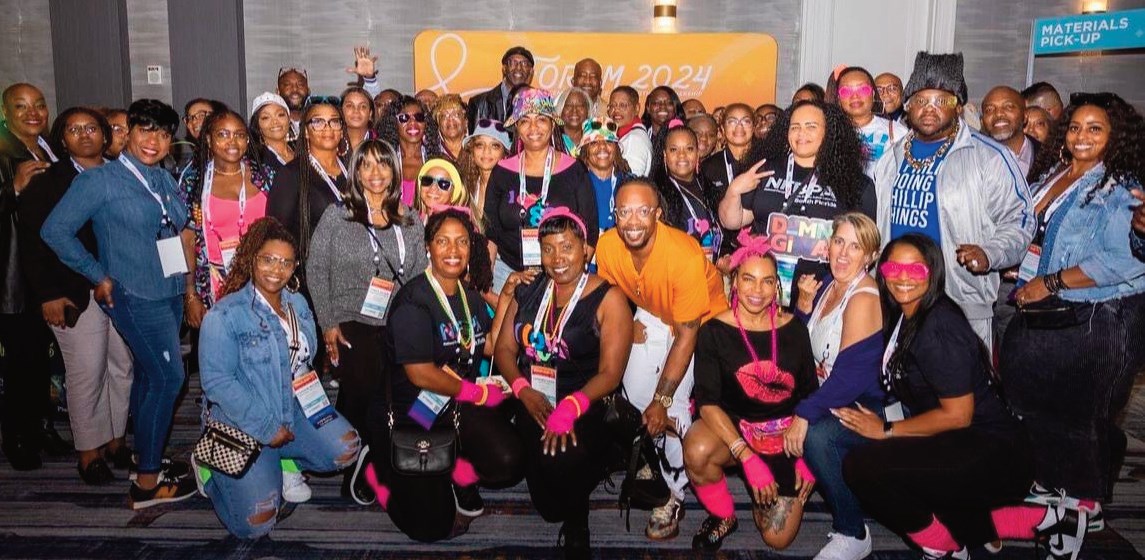
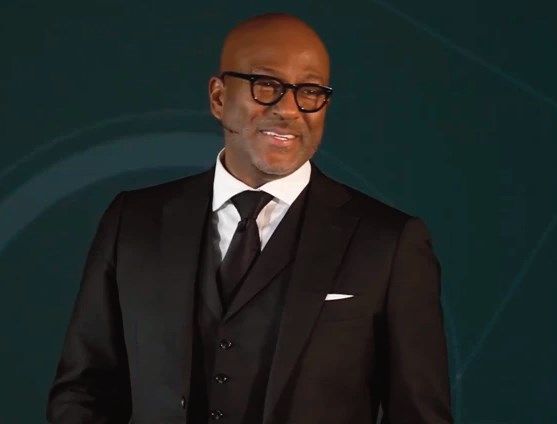
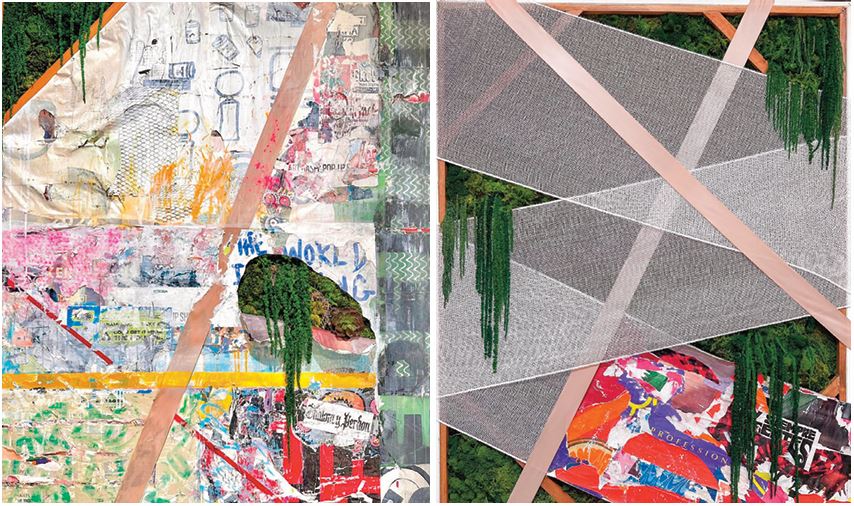

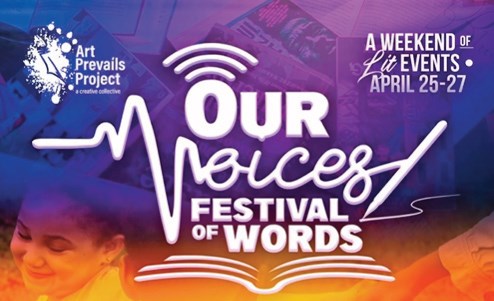
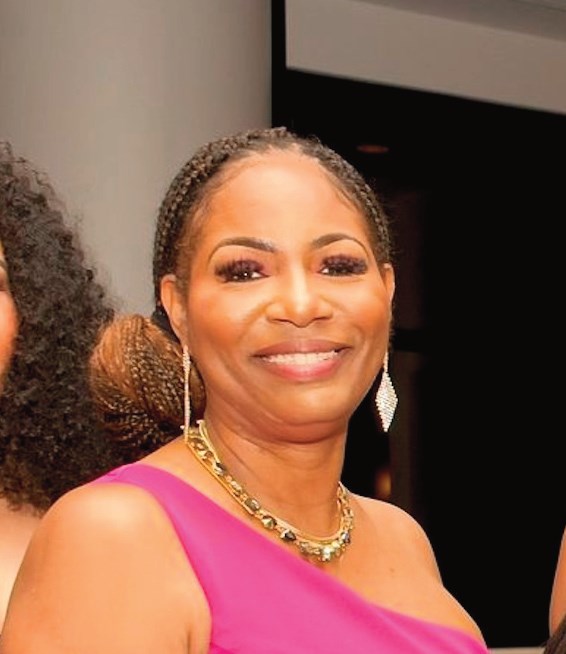
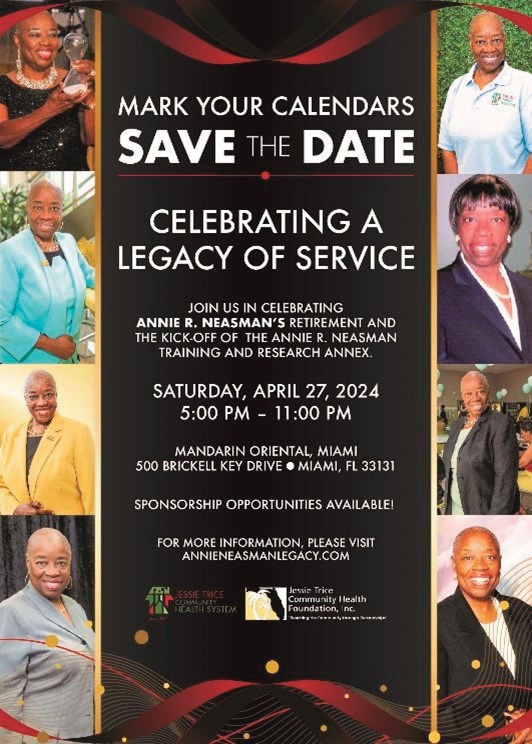
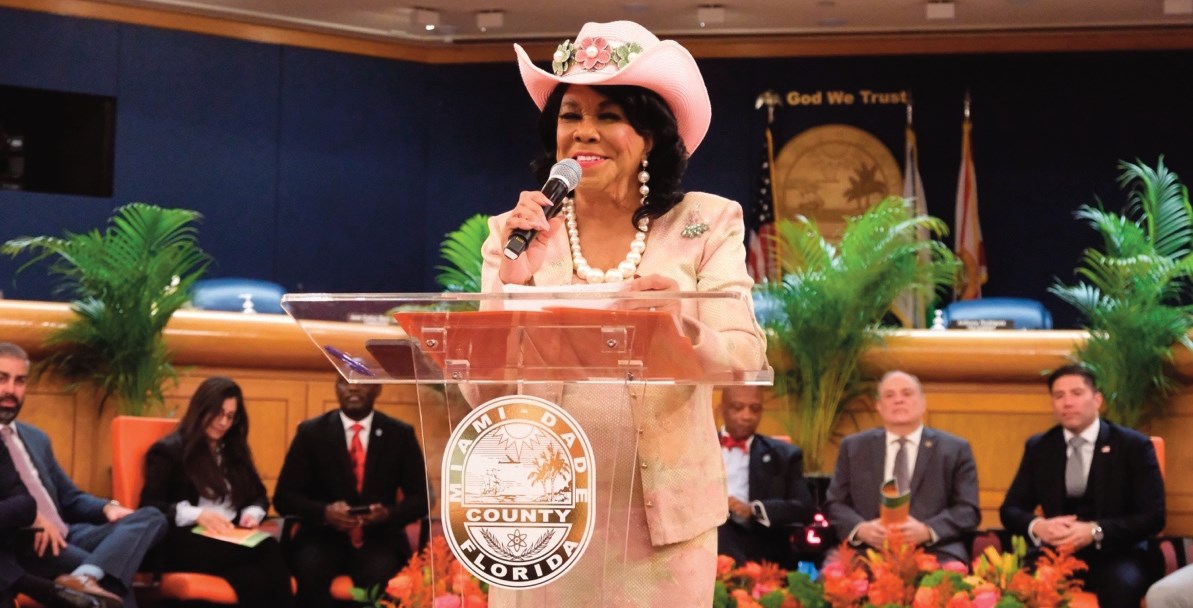
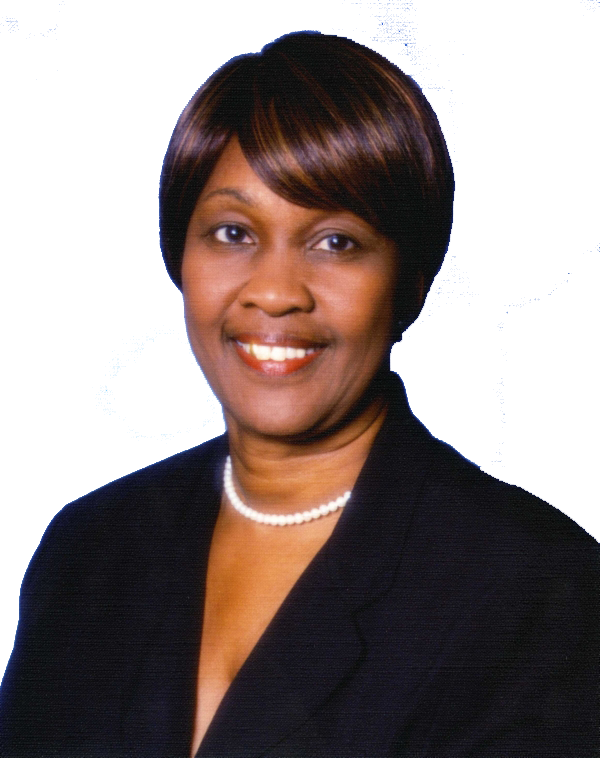

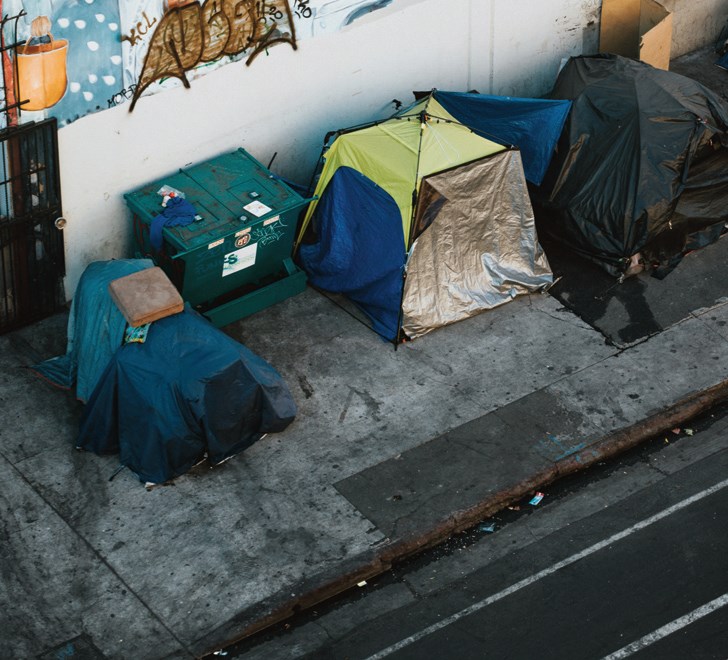
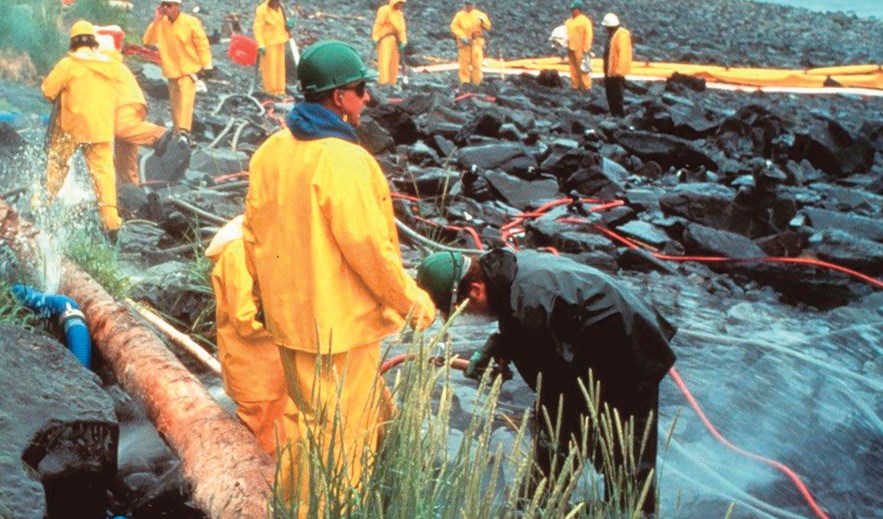
No Comment